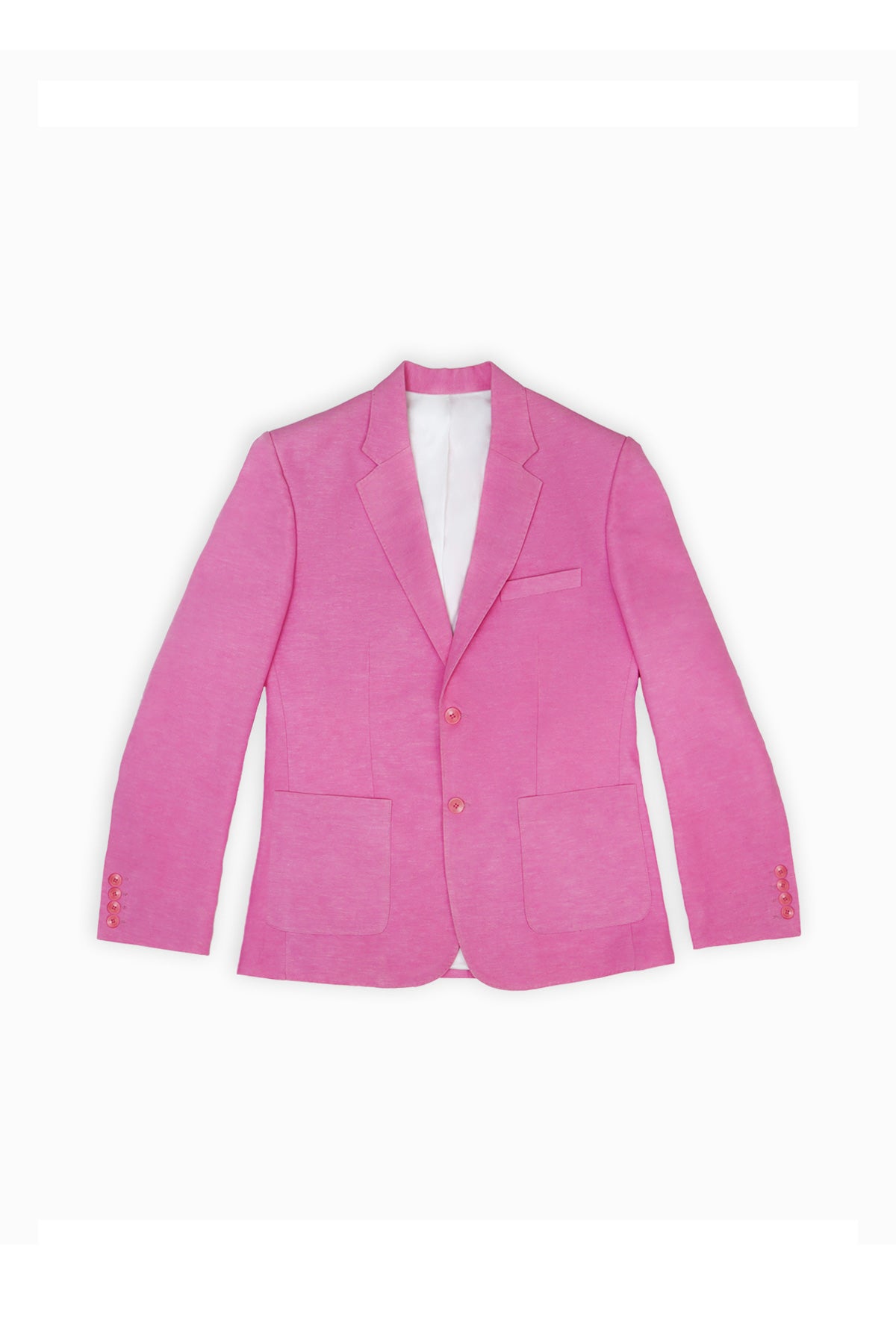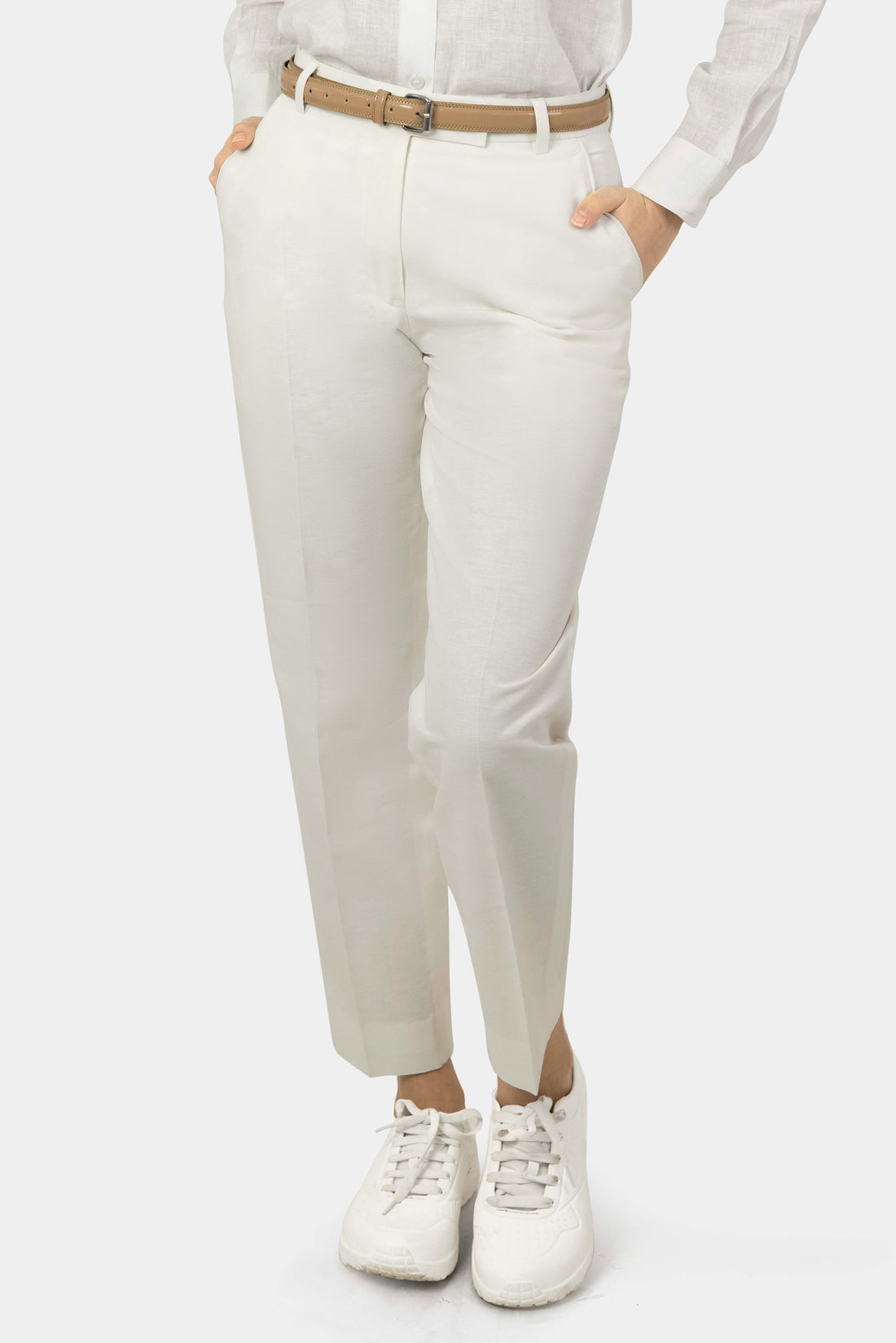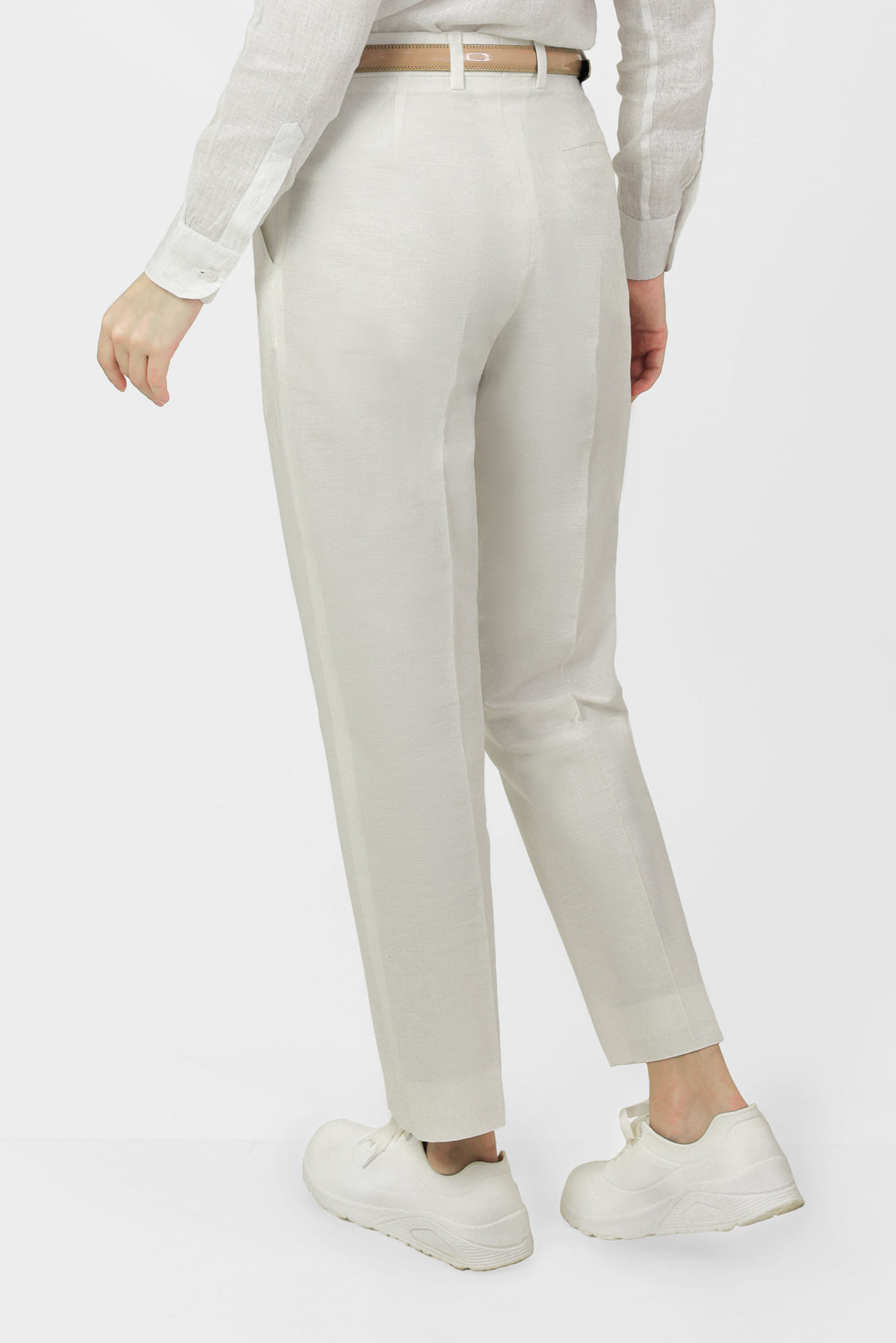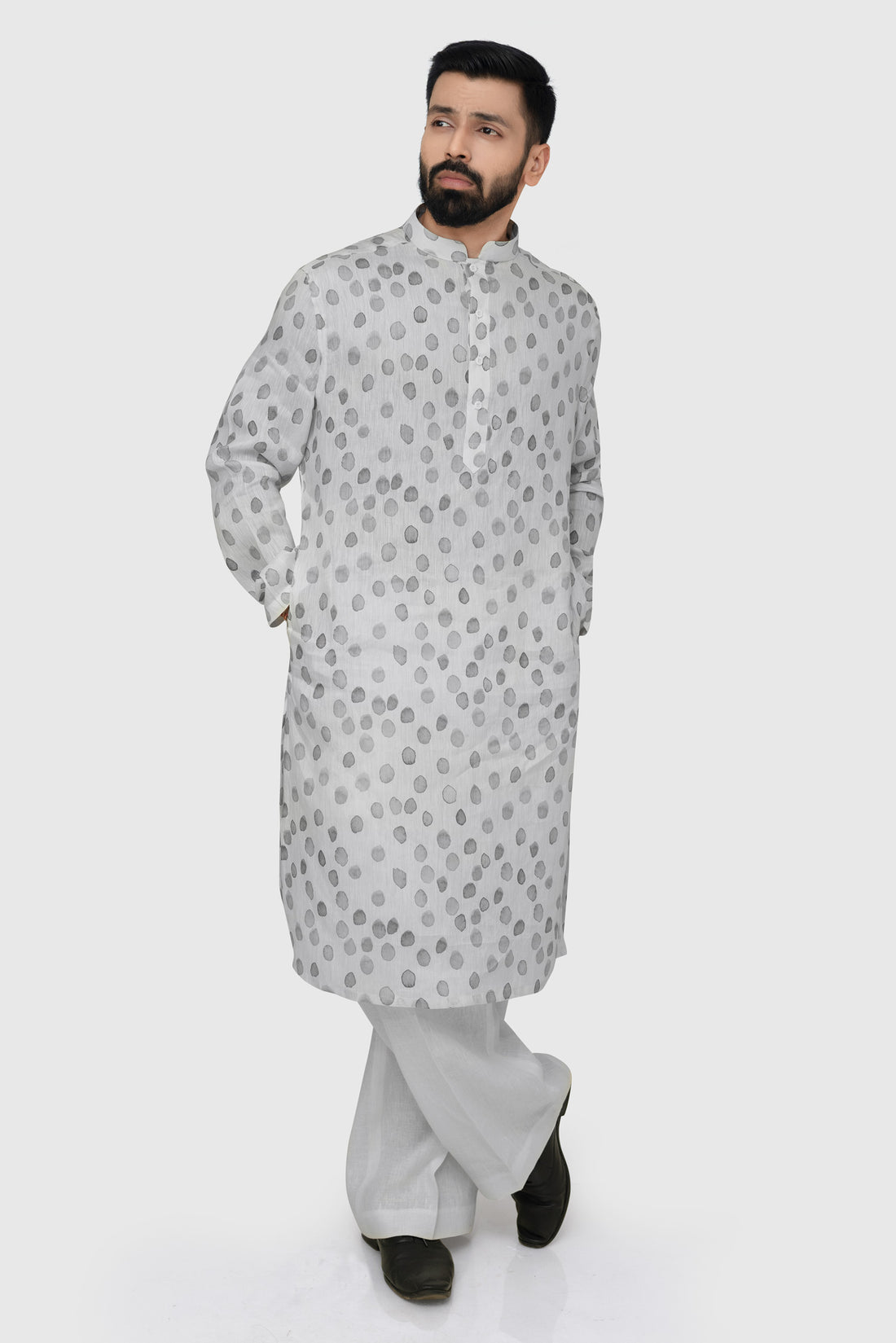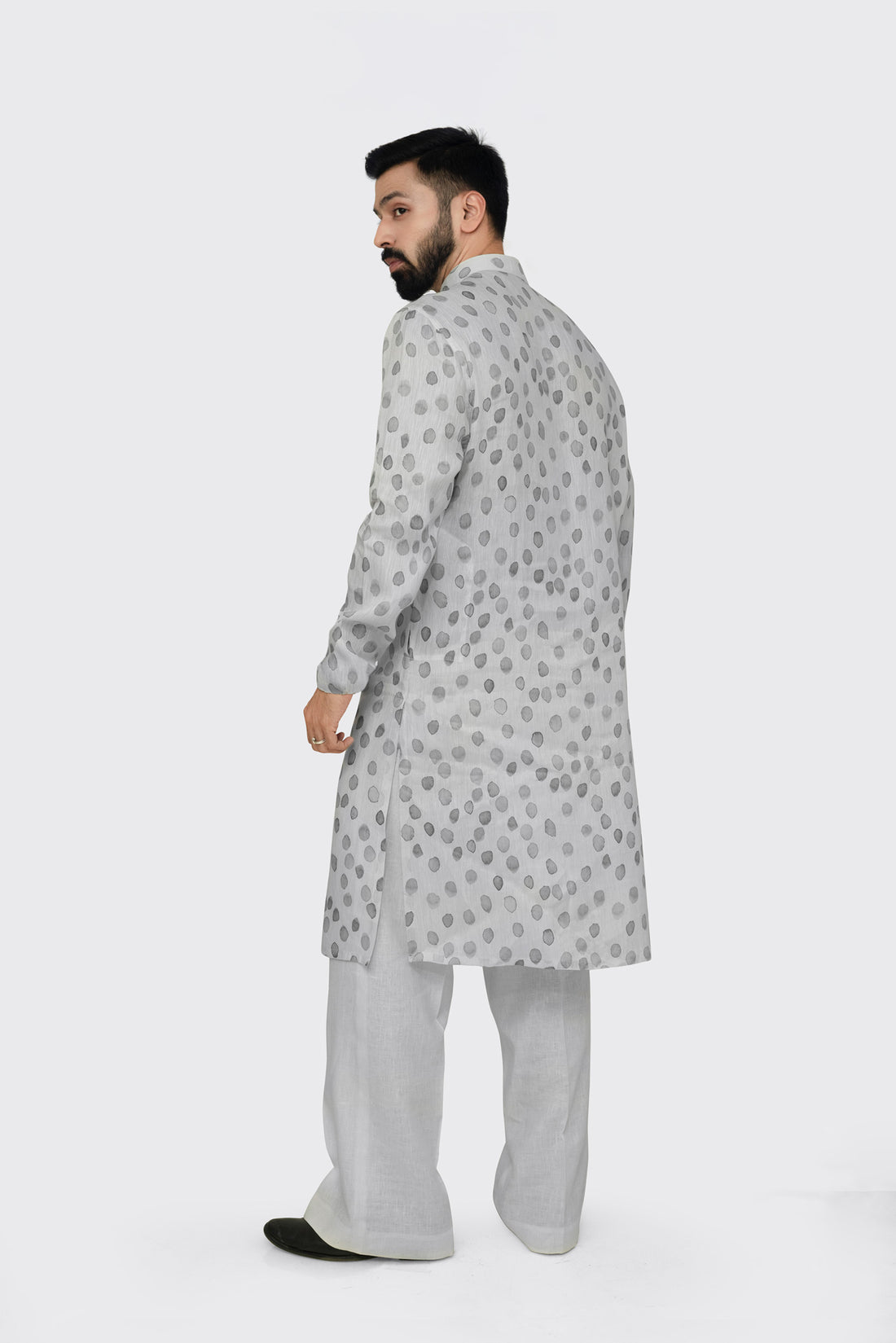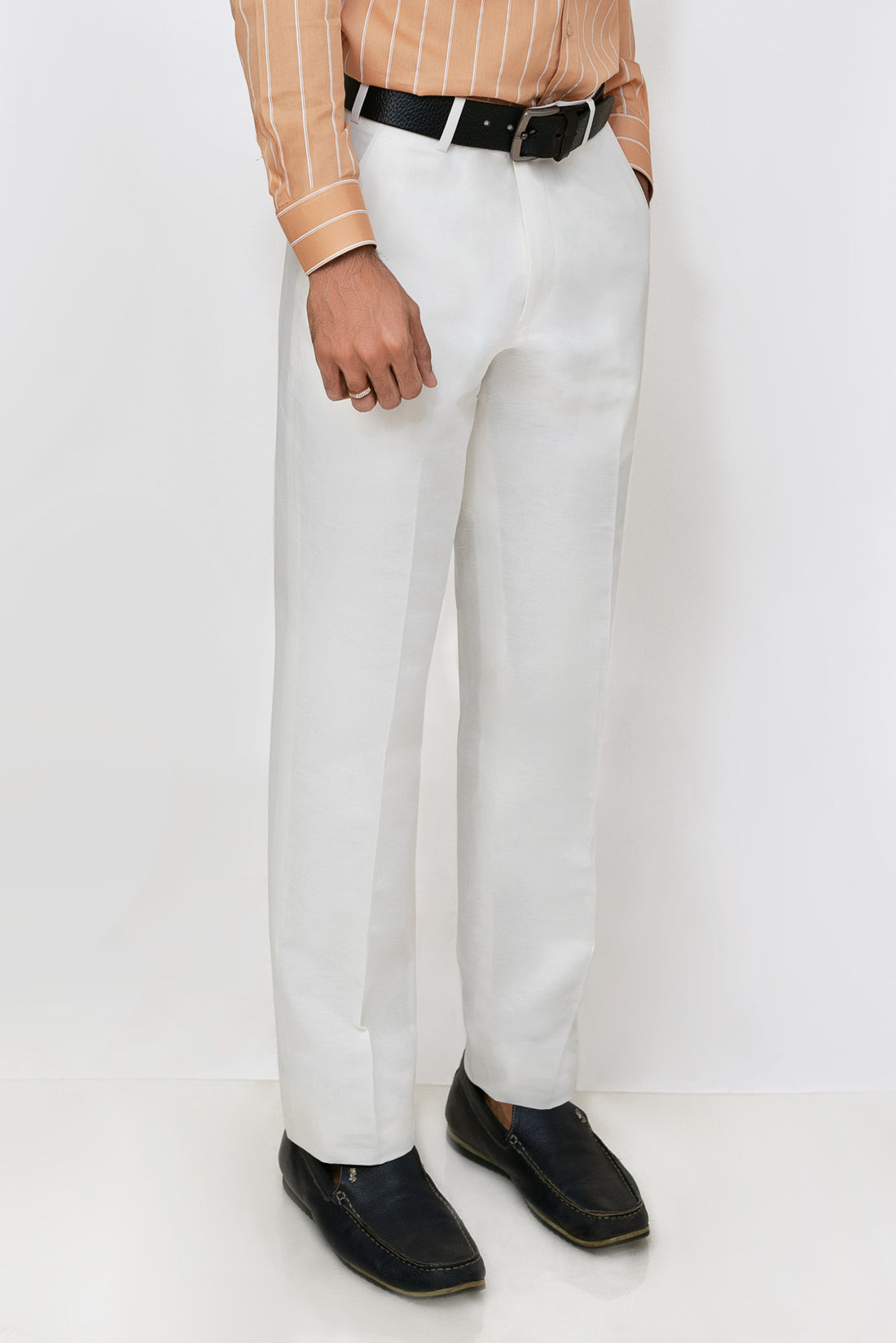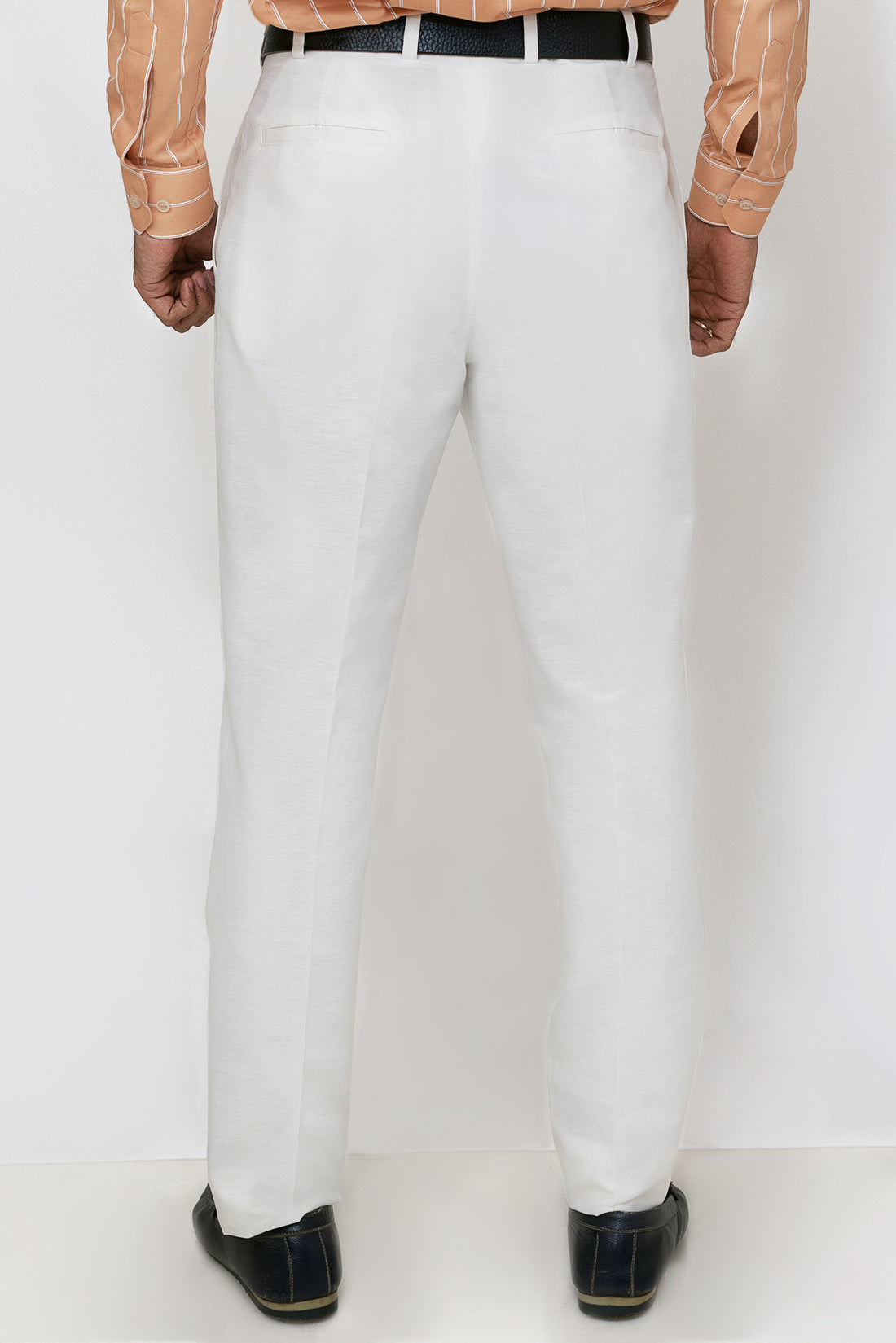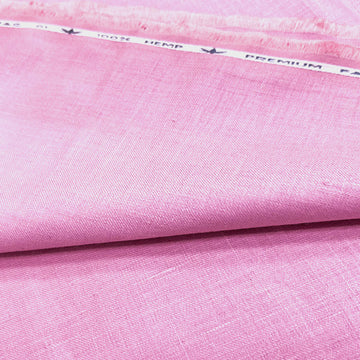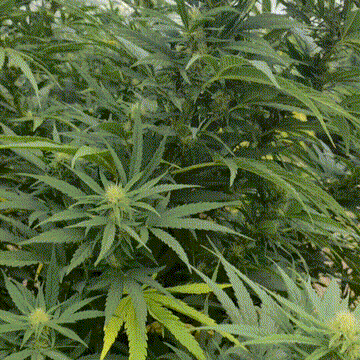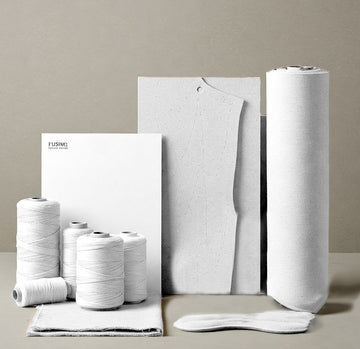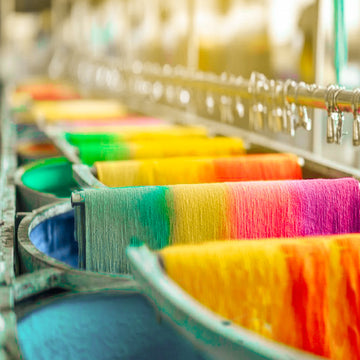Rosie - Men’s Hemp Fabric Blazer
Tax included. Shipping is calculated at checkout.
Easy 7-Day Returns (Standard Sizes Only).
Materials
• Shell Fabric: 100% Hemp
• Lining Fabric: Cotton satin
• Fully lined, means a Jacket with a fully lined interior, including the sleeves, shoulders, and torso). (OEKO-TEX certified cotton interlining)
• Buttons: Corozo, Matching color.
Design
• 2 Buttons Front open
• 2 patch pockets and a chest pocket
• Notch lapel
• 2 back side vents
Fit
• Straight Fit
• Customization: 15 sizes, XS-XL in Long and Regular length
Looks
• This model Ambuj is 6'01'' tall and has 107cm (42") around the chest and 79 cm (31") around the waist and wears an L-Large.
• When in doubt, consult our size guide or send an email to info@adamleaves.com
-
A dry wash is recommended.
-
Medium heat ironing.
Order Dispatch:
All orders are processed and dispatched within 3-5 business days after confirmation.
Estimated Delivery Time:
- Within India: Orders are typically delivered within 3-5 business days after dispatch.
- International: Delivery usually takes 5-7 business days, depending on the destination and customs clearance.
Please note: Delivery timelines may vary slightly due to unforeseen circumstances such as weather conditions or public holidays.
Return:
- Returns are eligible only if the product is damaged during transit or if an incorrect item is delivered.
- To initiate a return, please contact us with supporting evidence (such as photos) within 24 hours of receiving the product.



Testimonials

